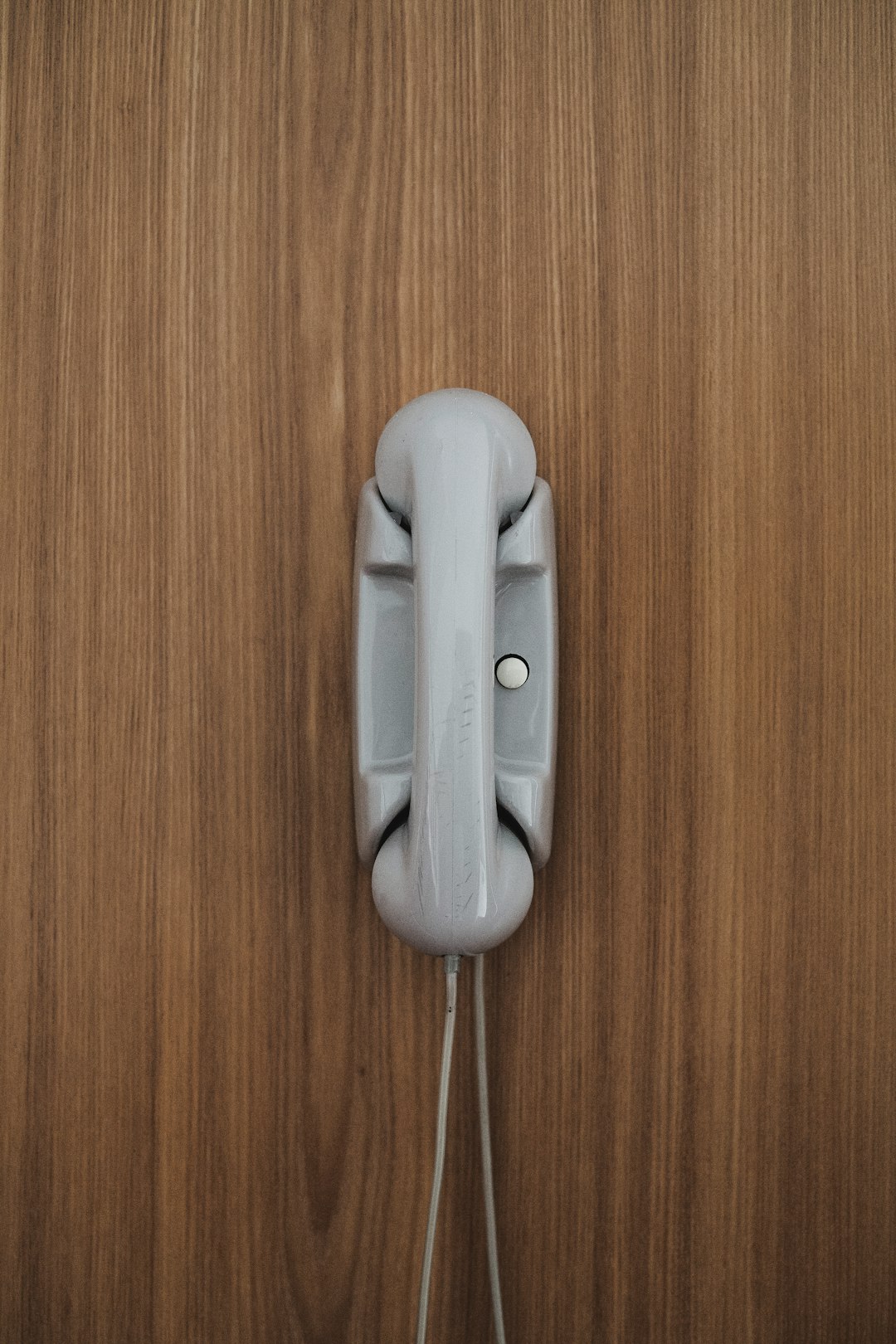North Carolina strengthens its fight against spam calls with enhanced legal frameworks and the crucial role of local Spam Call law firms. By empowering residents and businesses, these firms guide them through their rights and combat violators, fostering an ethical business environment. Selma's Framework assists law firms in evaluating productivity loss from spam, encouraging the adoption of advanced data collection tools to track and measure the impact effectively. This comprehensive approach ensures compliance with spam call laws while improving operational performance.
In the digital age, spam calls have emerged as a significant challenge for businesses and legal firms in North Carolina. This article explores Selmas innovative approach to measuring productivity loss from spam texts, providing crucial insights into this growing concern within the state’s legal landscape. We delve into their comprehensive framework, data collection techniques, and analysis methods, offering practical strategies to mitigate and recover from disruptions caused by these unwanted calls.
Understanding Spam Calls in North Carolina's Legal Landscape

In North Carolina, the legal landscape regarding spam calls is evolving, mirroring national trends in consumer protection. As a growing number of individuals and businesses fall victim to unwanted telephone marketing, there’s an increased focus on strengthening Spam Call laws. These regulations, often enforced by local law firms specializing in telecommunications law, aim to protect citizens from intrusive and deceptive practices.
The state’s anti-spam measures center around the Do Not Call (DNC) registry, which allows residents to opt-out of telemarketing calls. North Carolina’s Spam Call law firm play a crucial role in educating consumers about their rights, assisting in litigation against violators, and advocating for stricter regulations. This proactive approach not only helps individuals reclaim their peace of mind but also contributes to a fairer and more transparent business environment across the state.
Selmas Framework for Assessing Productivity Impact

Selma’s Framework for Assessing Productivity Impact provides a comprehensive methodology for law firms in North Carolina, and beyond, to quantify the effect of spam calls on their operations. This framework involves three key steps: identification, measurement, and analysis.
Firstly, identify the specific tasks or activities that are disrupted by unwanted spam calls. This could include legal research, client communications, and administrative duties. Next, employ quantitative methods to measure the loss in productivity, such as tracking time spent on blocking or addressing spam. Finally, analyze the data collected to understand the scope and severity of the impact, allowing for informed strategies to mitigate the effects of spam calls and enhance overall efficiency.
Data Collection Methods: Tracking Spam Texts Effectively

In today’s digital era, effectively tracking and measuring productivity loss from spam texts is a critical aspect of maintaining efficiency in the workplace. One innovative approach is adopted by leading North Carolina law firms under the Spam Call law, utilizing advanced data collection methods to combat this pervasive issue. By implementing sophisticated tracking software, these firms can meticulously monitor incoming communications, identifying spam texts with remarkable accuracy.
This process involves capturing detailed data points such as sender information, frequency of messages, and time spent managing them. Such comprehensive record-keeping enables legal professionals to quantify the impact of spam on their productivity. For instance, by analyzing these records, they can determine how much time is diverted from core legal tasks to address unwanted communications, ultimately informing strategies to mitigate this growing concern.
Analyzing Loss: Quantifying Productivity Decline

In the context of a Spam Call law firm in North Carolina, analyzing productivity loss from spam texts involves meticulous quantifying of decline in efficiency. This process begins with identifying key metrics that reflect employee time wasted and productivity diminished. By tracking call volumes, average engagement times, and the frequency of interruptions caused by spam texts, firms can gain a comprehensive view of the impact these unwanted messages have on their operations.
Moreover, analyzing loss should extend to assessing the indirect costs associated with spam calls, such as decreased concentration levels, increased stress among staff, and reduced morale. These qualitative factors often contribute significantly to overall productivity loss, which makes it crucial for law firms in North Carolina to consider them when implementing anti-spam measures under the Spam Call law.
Strategies to Mitigate and Recover from Spam Call Disruption

In today’s digital age, spam calls have become a ubiquitous and disruptive force, particularly for businesses and individuals alike. To combat this growing issue, several strategies can be employed to mitigate and recover from the disruption caused by unsolicited phone communications. One effective approach involves leveraging advanced filtering technologies that use machine learning algorithms to identify and block spam calls before they reach your phone. These systems continuously learn and adapt to new patterns, ensuring a higher accuracy rate in blocking unwanted callers.
Additionally, a proactive measure for businesses in North Carolina is to register with the National Do Not Call Registry. This federal list restricts telemarketers from contacting registered numbers, providing a layer of protection against intrusive spam calls. Furthermore, consulting a reputable spam call law firm in North Carolina can offer tailored guidance and legal recourse to address the issue effectively. By combining technological solutions and regulatory measures, individuals and businesses can reclaim their communication channels and ensure a more peaceful and productive environment.






